संपादक की पसंद

We discuss the digital divide, but the new-normal induced by COVID-19 should make us discuss the living divide as well
By Sunita Narain
The novel coronavirus disease (COVID-19) lockdown has led to disruptions on a scale we have never seen before. It is not clear what the new-normal of our lives will be.
For most of us working in offices, remote work should have been a welcome respite; a chance to improve our work-life balance. But many of us are finding that even with increase in productivity, we are losing the ability to differentiate between work and rest of life — there is fatigue and burn-out — in this strange remote world.
Also, we are learning that productivity — doing things on time and on schedule — is not the only measure to value our work. In fact, it is collaboration and teamwork that brings us fulfillment and improves the quality of our “work”.
So, many of us are looking at a hybrid-model of work in this new-normal. One that builds on the best of this remote technology-world that allows us not to commute long distances every day, but also one that encourages and builds more, not less, interaction between people.
But this new-hybrid normal — and this should bother us — will sharpen inequality in workplaces, and it will lead to more joblessness in the formal sectors of the economy. The fact is that working from home assumes that there is adequate space — physical and recreational.
We discuss the digital divide, but this new-normal should make us discuss the living divide as well. It also means that our workplace will shed many non-essential costs — from support functions to rentals.
All this contraction and re-engineering will be good, and bad. More efficiency at the workplace; reduction in commercial building spaces that take up valuable green spaces; less traffic that reduces congestion and pollution; and, of course, reduced consumption that will be good for the planet and our livability index.
Bad, because it will mean that people will be out of jobs — the economy as we know it only knows how to produce as cheaply as possible and to consume as fast as possible. We are beings of the marketplace.
So, what can we do differently? There is, of course, the prospect — and a very real one — that nothing will change post-lockdown. Once the vaccine hits the market, we humans will go back to all our old habits.
In fact, governments will do everything to “stimulate” consumption as this then gets the economy ticking again. Let’s not forget how during the economic slowdown in the early 1990s, the then United States President George Bush walked down shopping malls urging fellow Americans to buy, and buy more.
Now China’s Xi Jinping has been making trips to his factories and shops, urging people to consume more and to buy domestic products. Xi wants to re-tool his country’s economy from exports to internal consumption.
It is the ultimate nightmare for western environmentalists, who could do so little to drive change in their own countries, that every Chinese or Indian would begin to consume like an American. But horror it will be as countries rush to open up and rev up the brown business again.
But I believe there are imperatives that will make us want to change — from the small individual-size triggers to the big societal and economic levers. If we do not want to go back to office from 9 am to 5 pm, five days a week, and want to adopt that new hybrid work model, then there will be costs to the formal economy as we know it today.
It will need to be repositioned so that new jobs are created. Those jobs will not come from the businesses we know today, but from the ones we will need in the future.
But I believe the most critical difference will be the fact that there will be less cash going around. Whatever governments may say, COVID-19 has shattered economies. Furthermore, there are multiple crises that will need public spending — from rebuilding after floods and other such disasters to the continuing health crisis and loss of livelihoods.
So, unless governments are completely out of touch with their realities — and this could happen as technology can today create false narratives at the scale and sophistication never seen in any past autocratic leaders’ propaganda machine — they will have to invest in the well-being of many as against the wealth of some.
This then means working deliberately on strategies that address the local needs and to invest in these communities. This is because there is just too much inefficiency in the transfer of resources — water, cash, food or work — from the faraway to the local.
It is much better to invest in ways that can sustain growth and build resilience for the next inevitable shock. This then is where our mindfulness will be needed.
So, as we open up in the still COVID-19 racked and ravaged world, let’s take time to think about what we treasured the most in this disruption. And what we want to keep, and what we want to change. This is how we will re-work the future. (downtoearth.org.in)



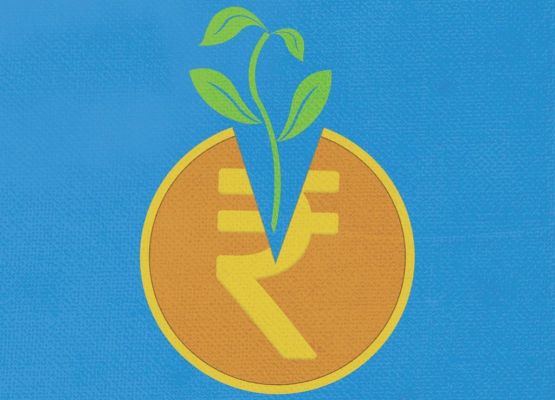
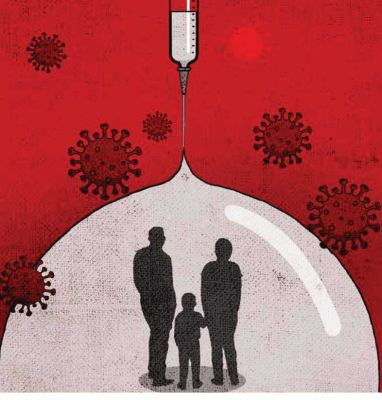
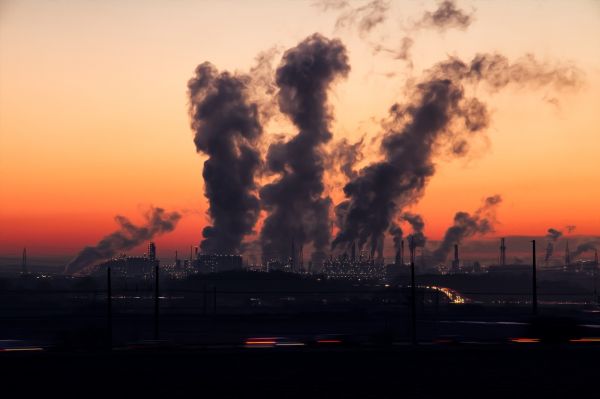
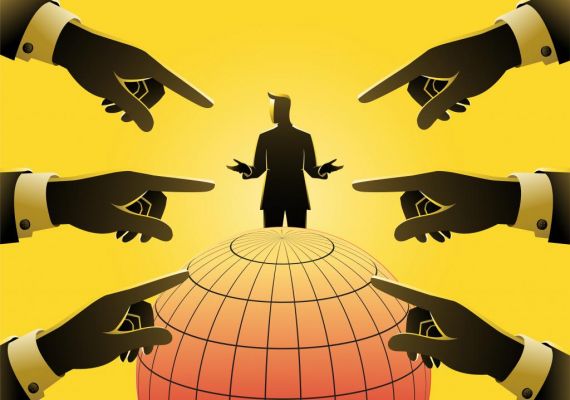
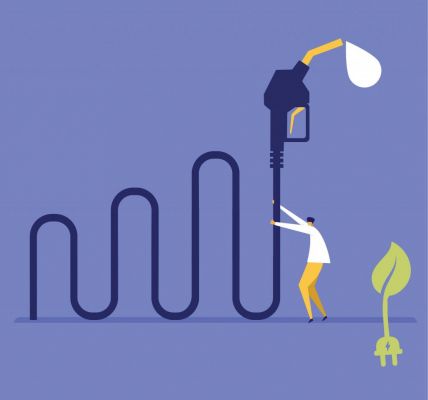


.jpg)
.jpg)


.jpg)




